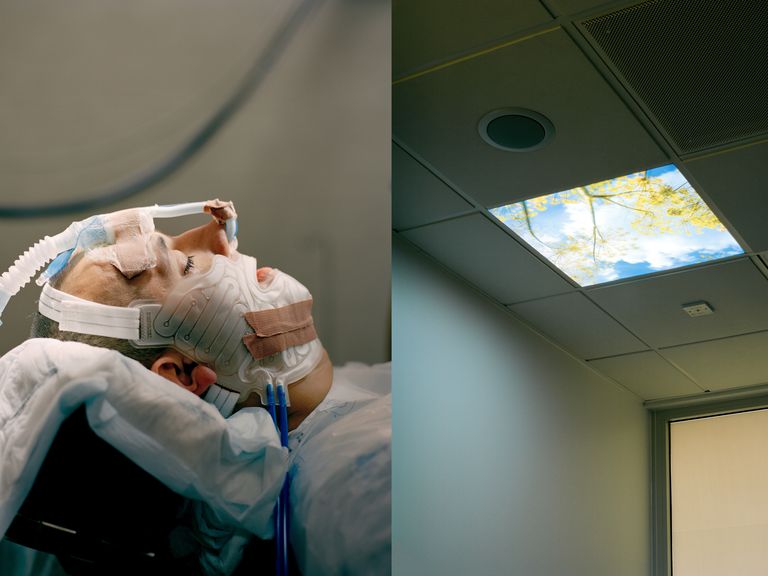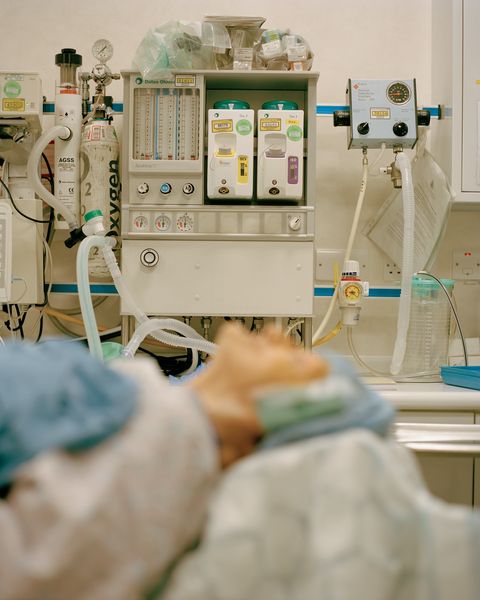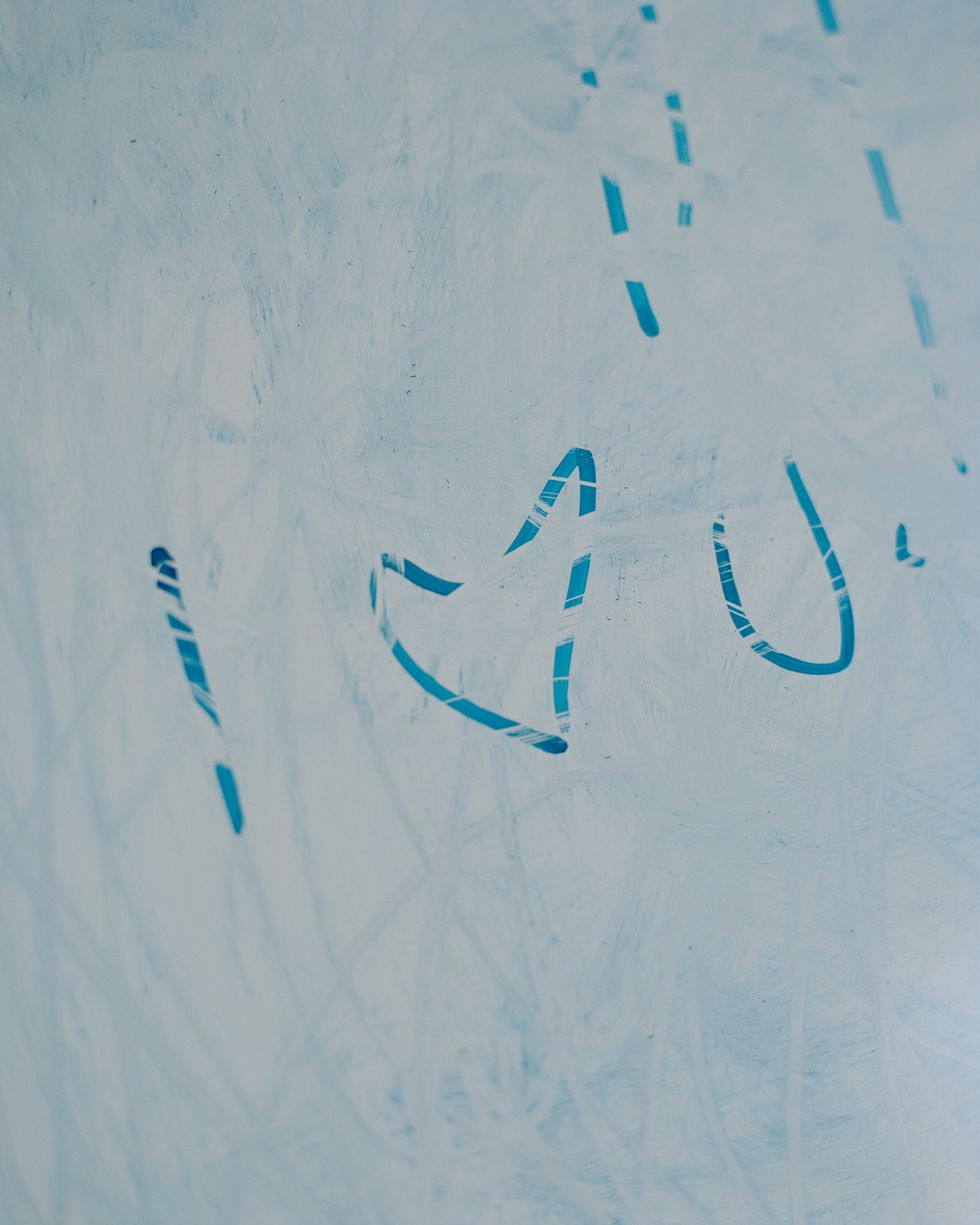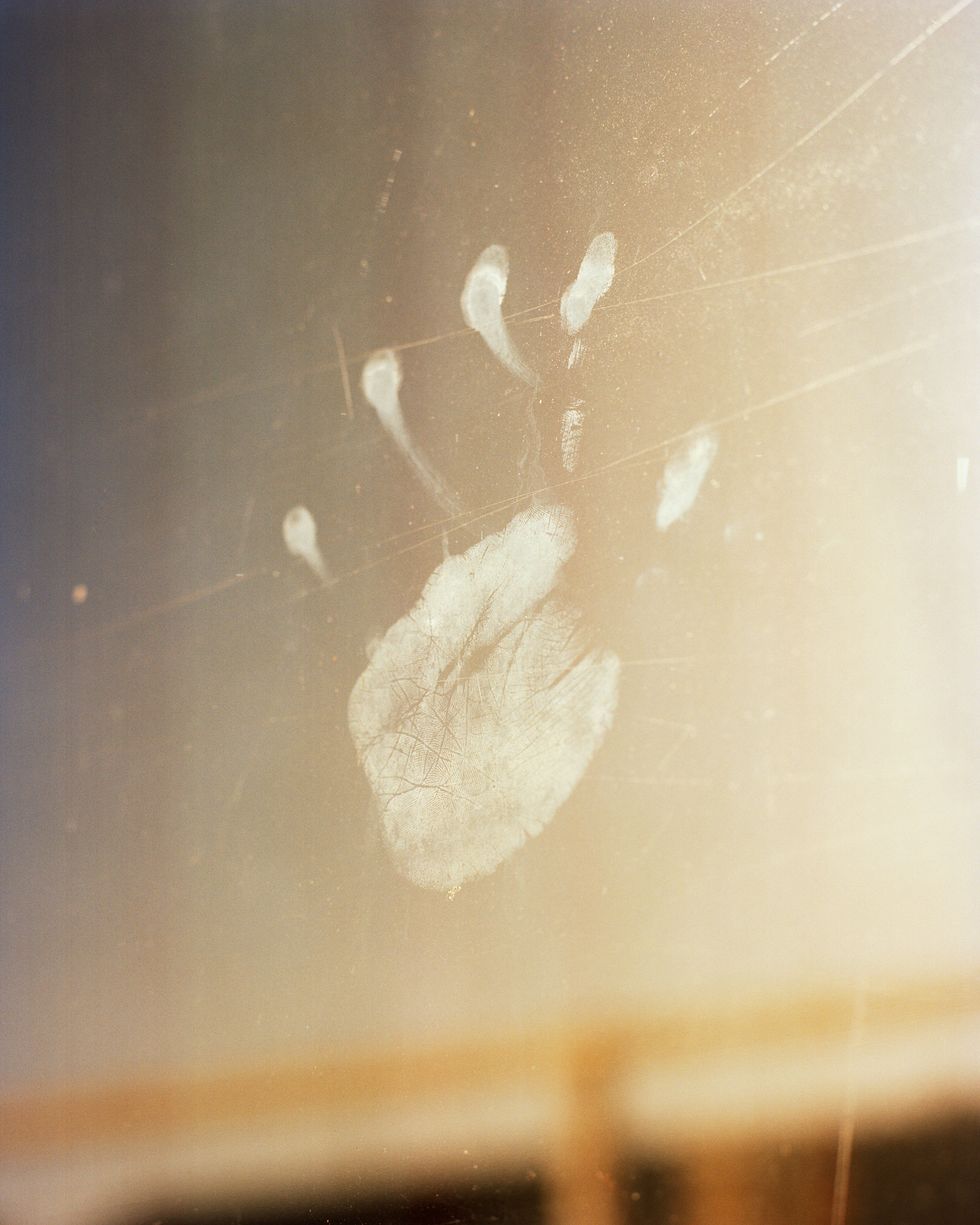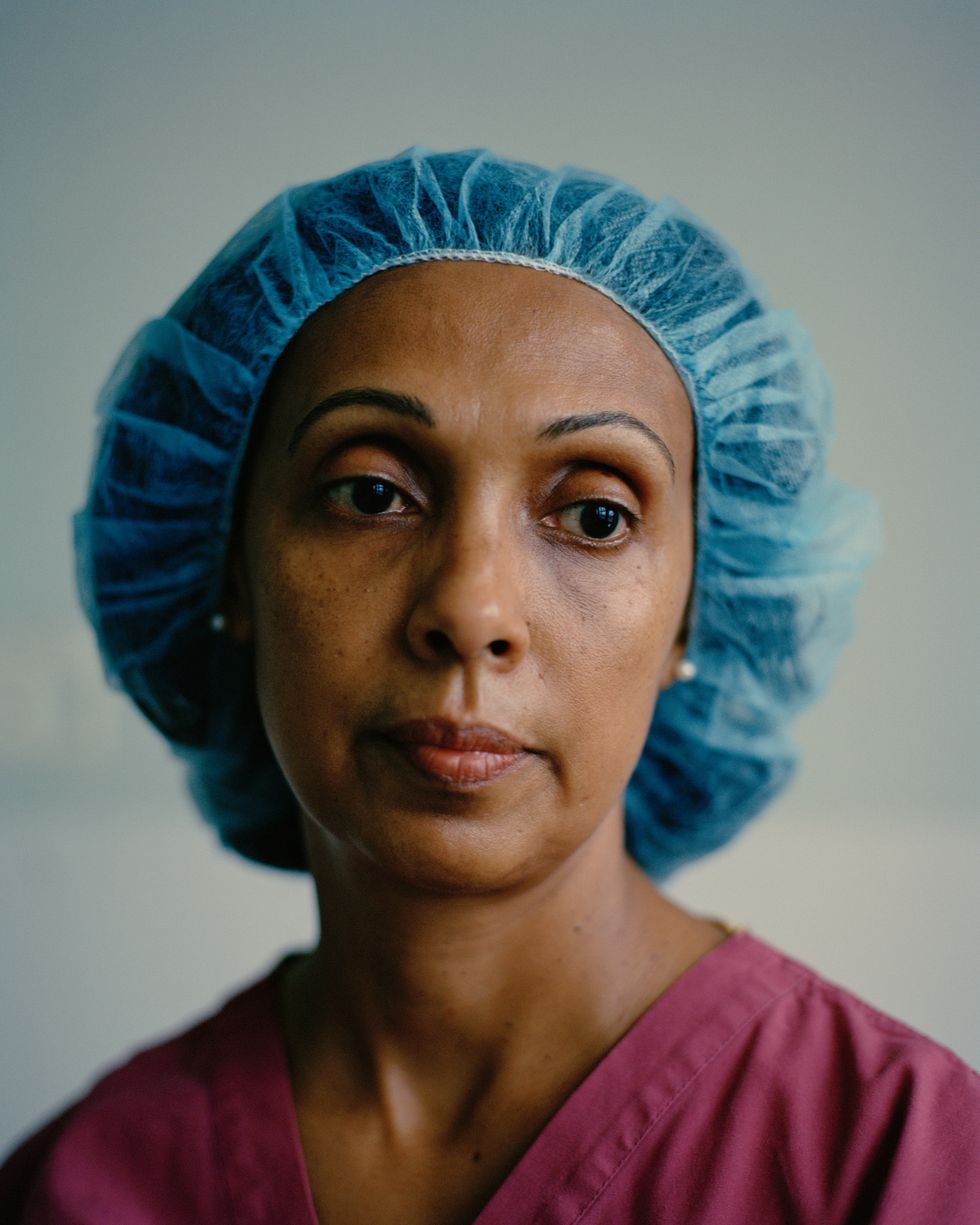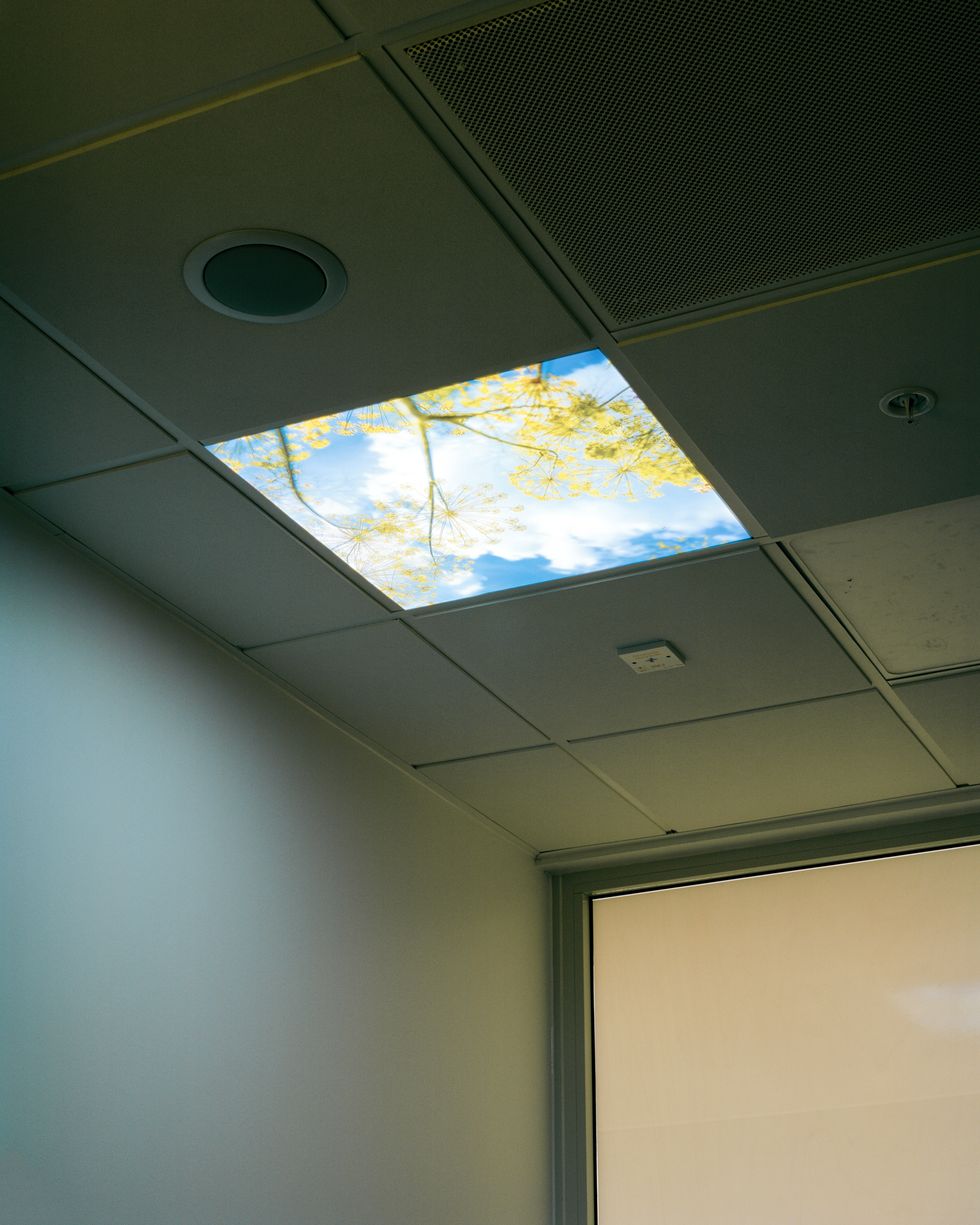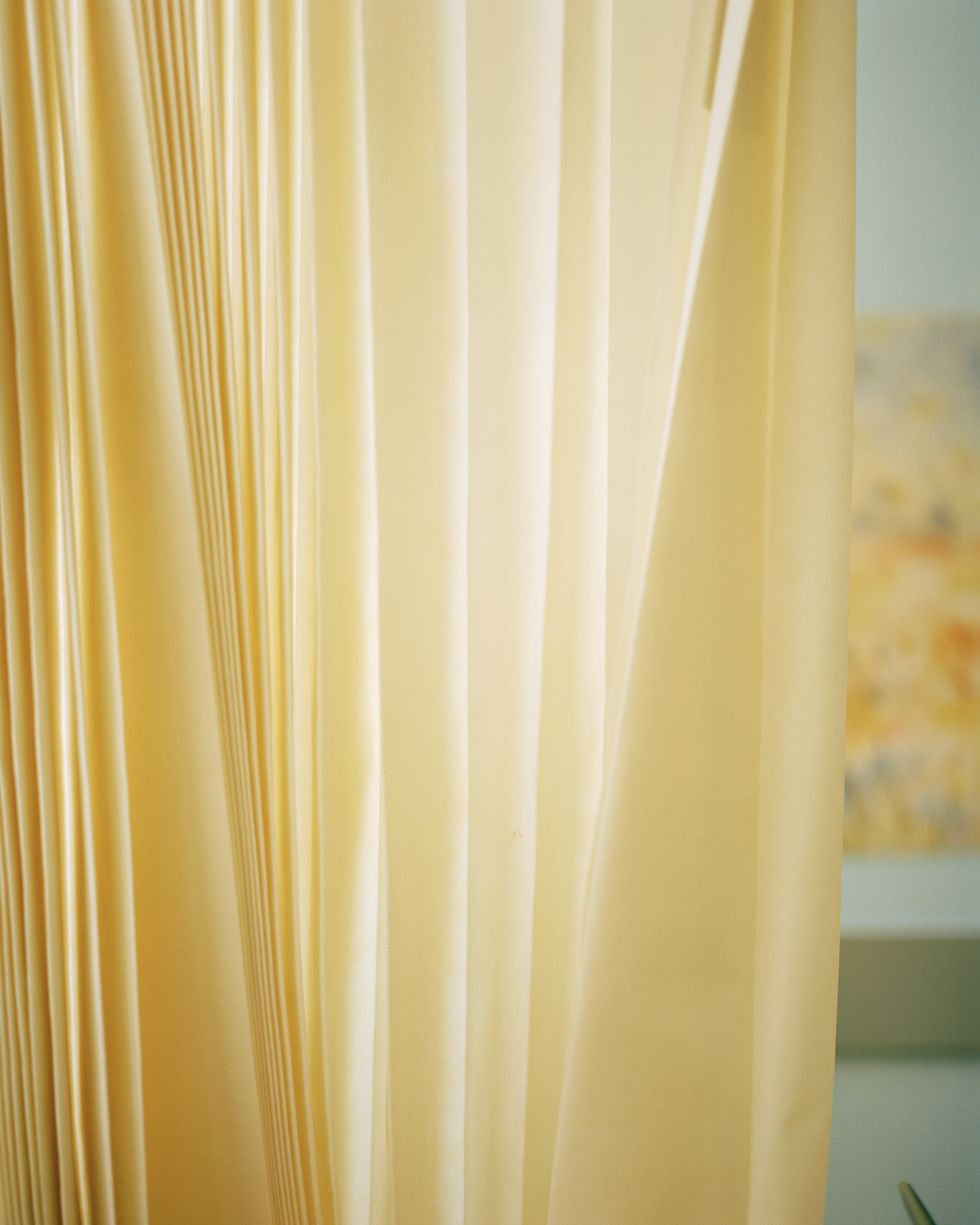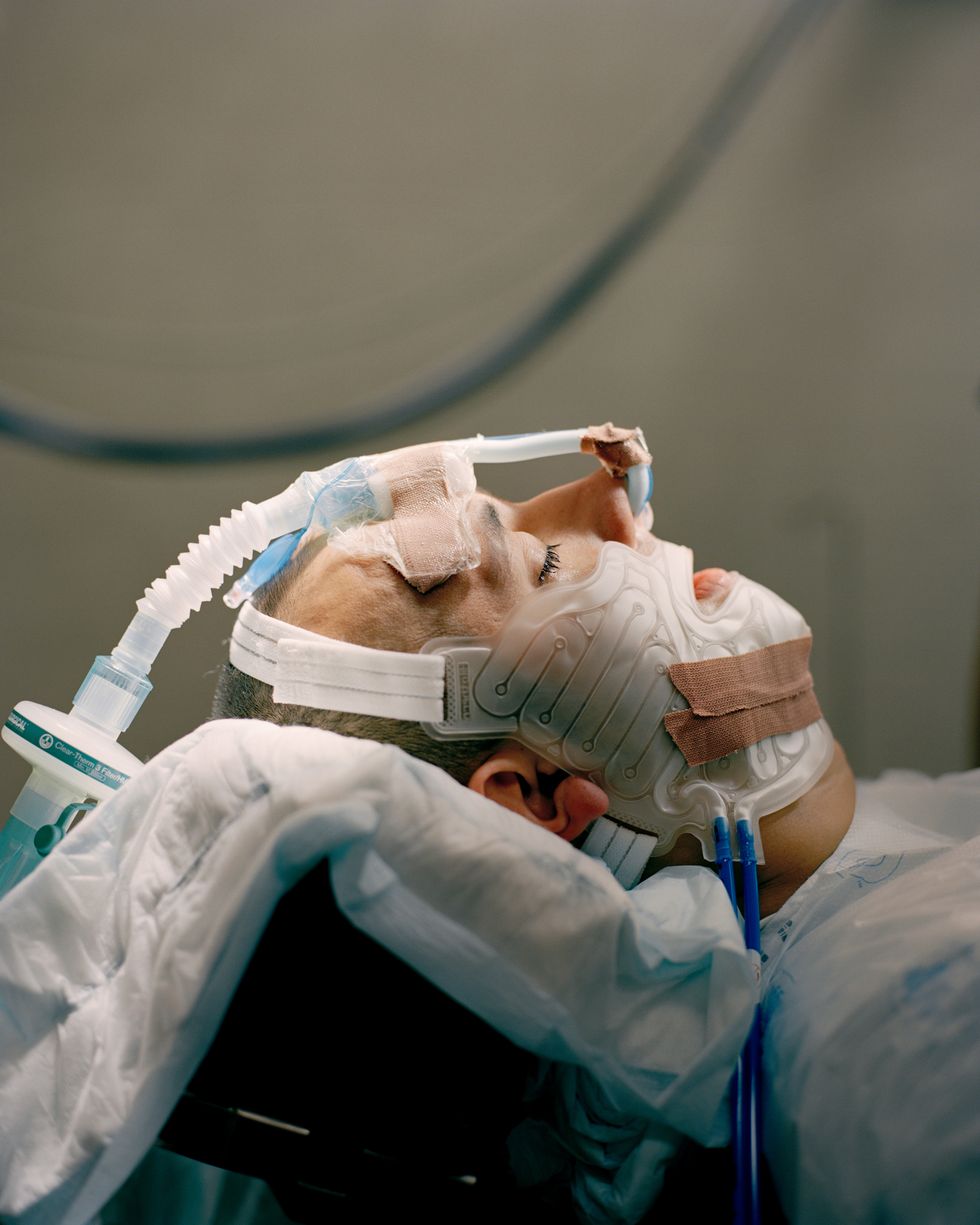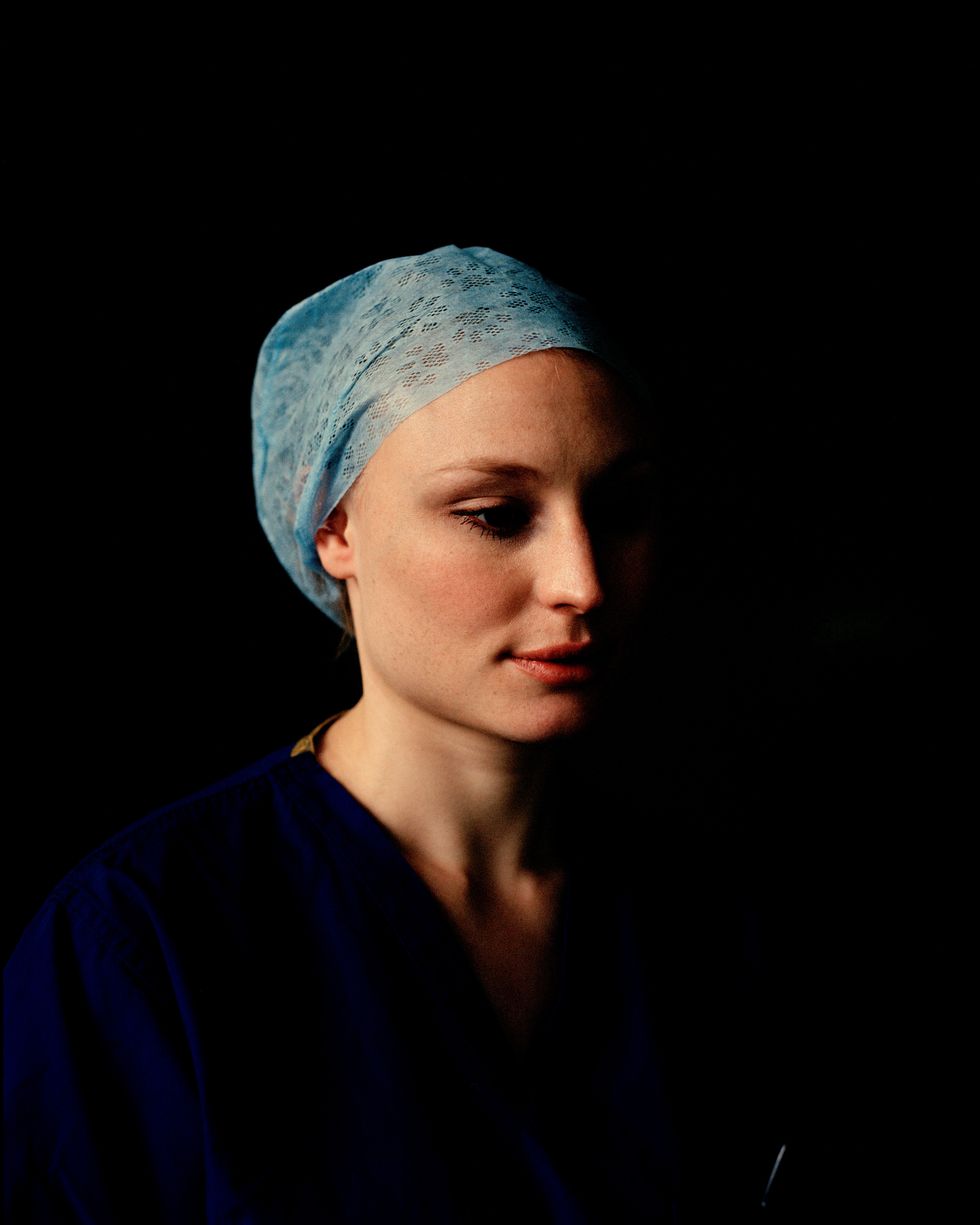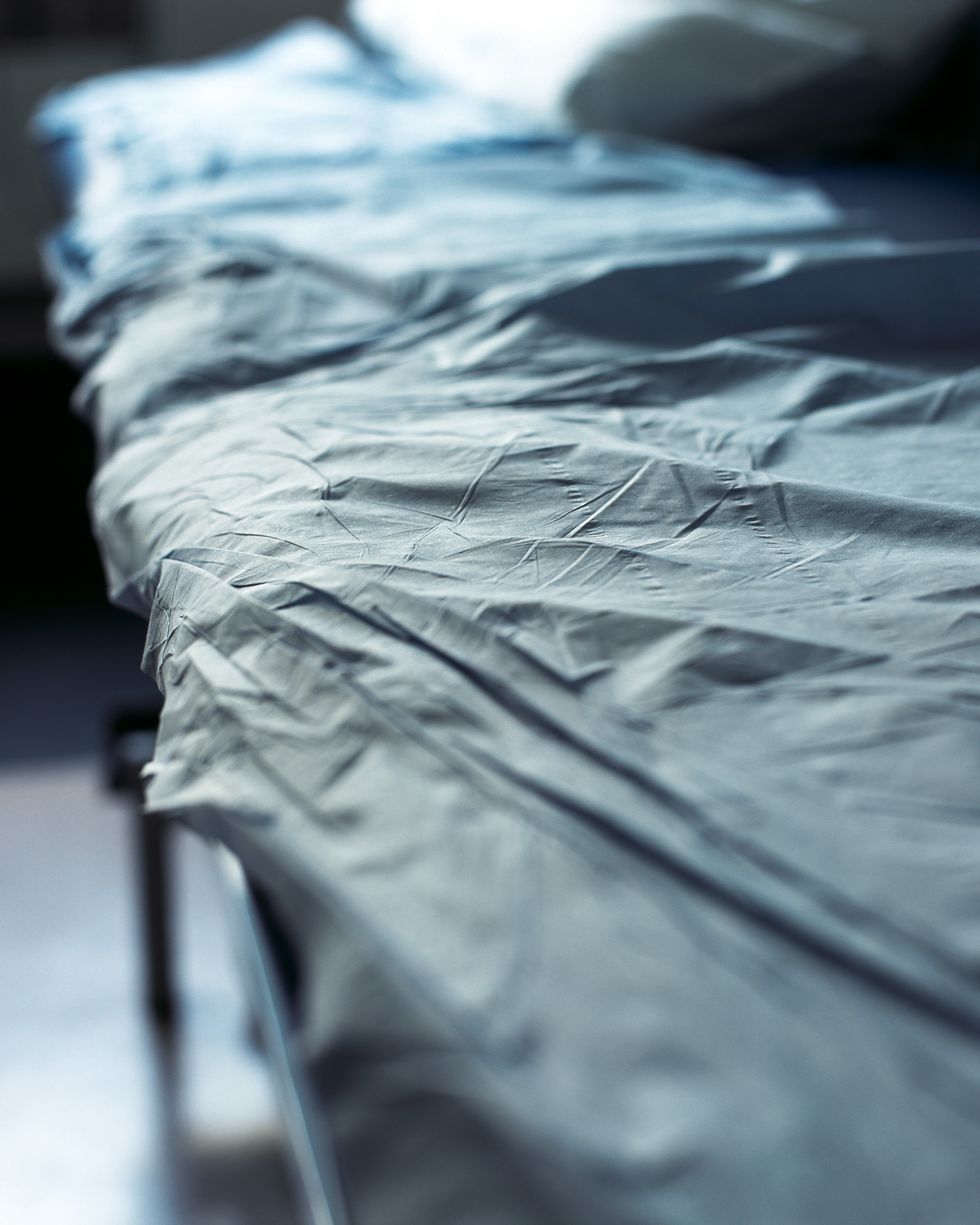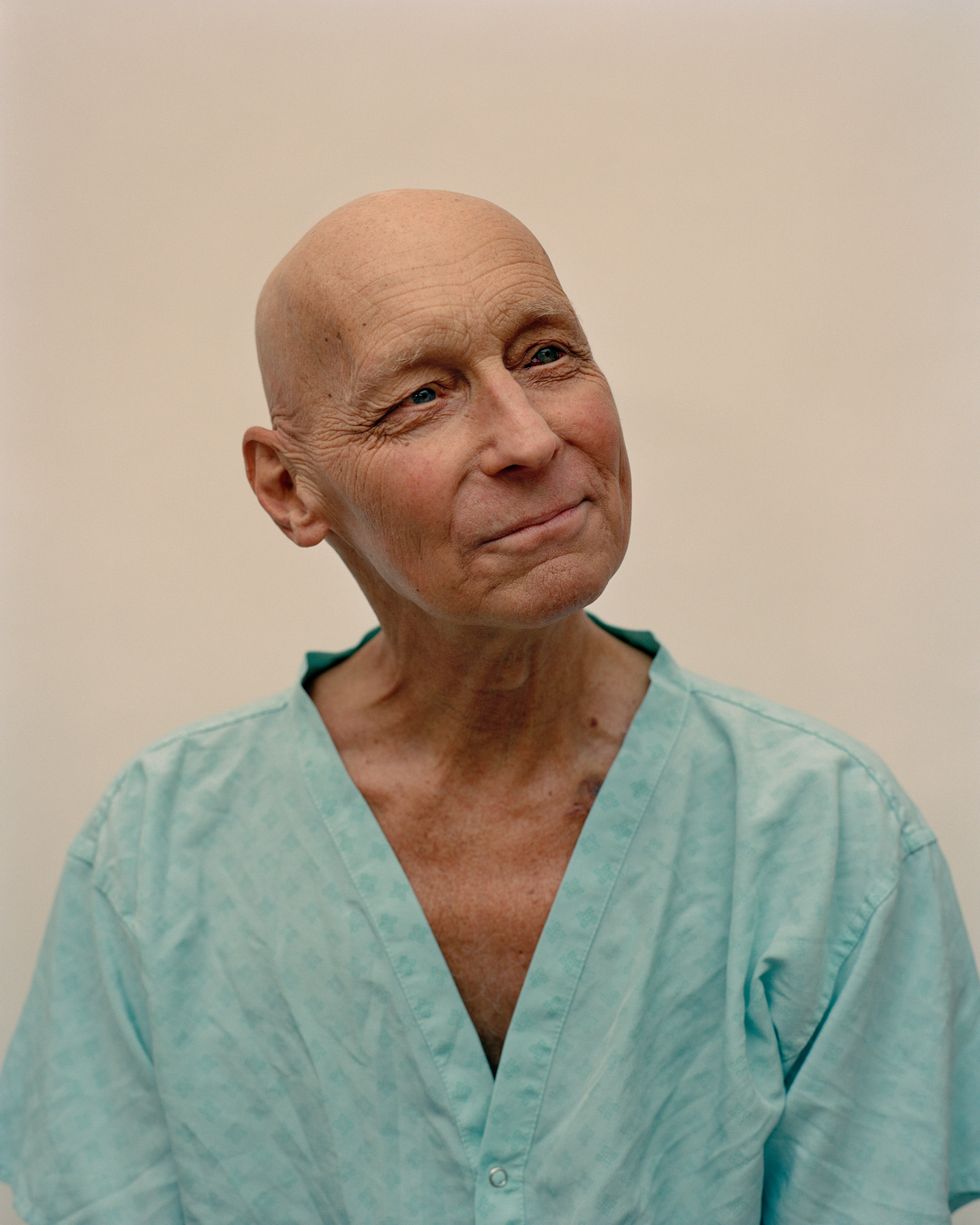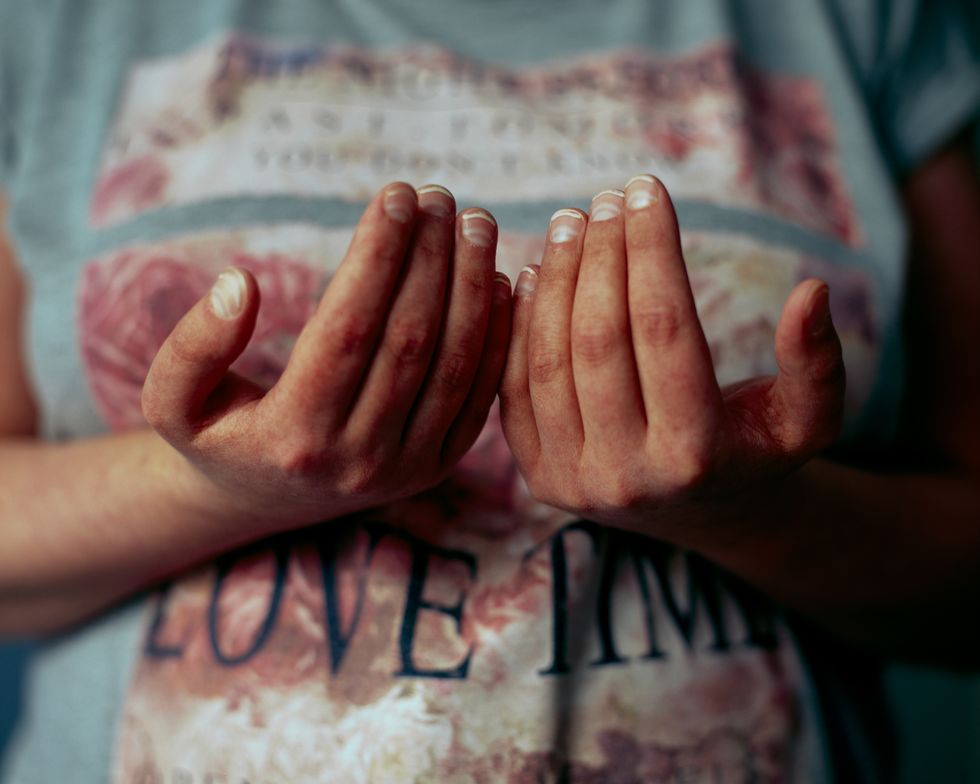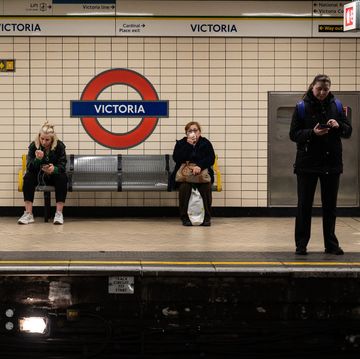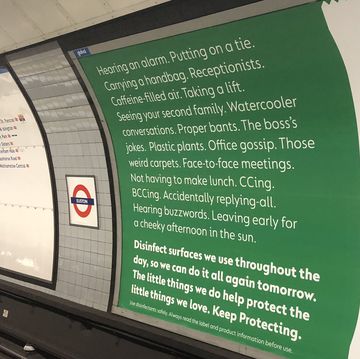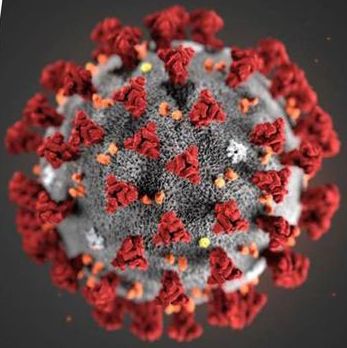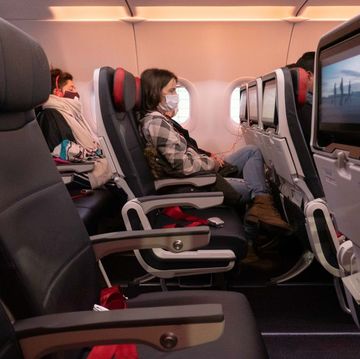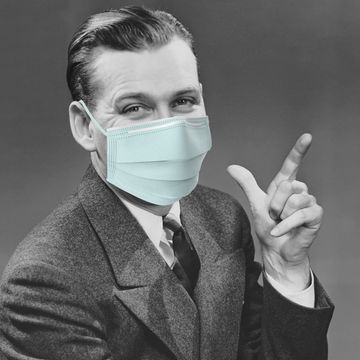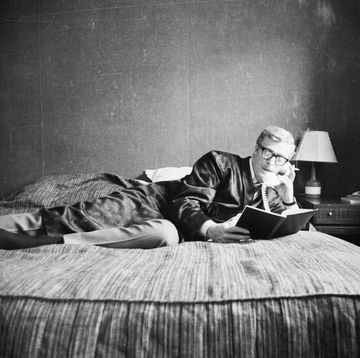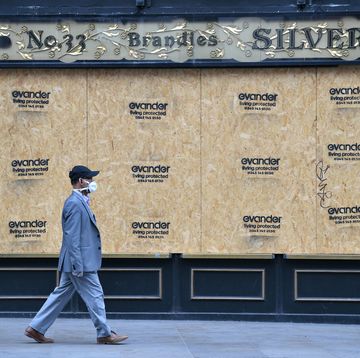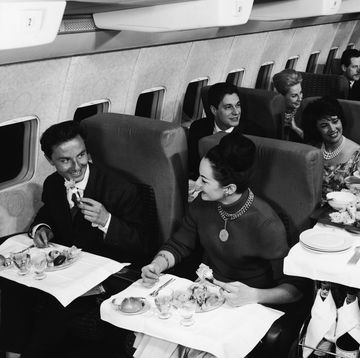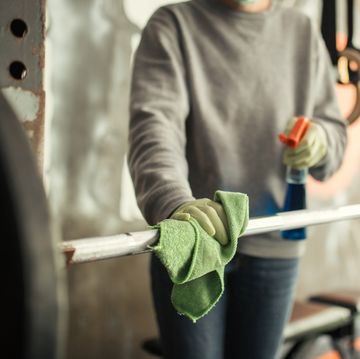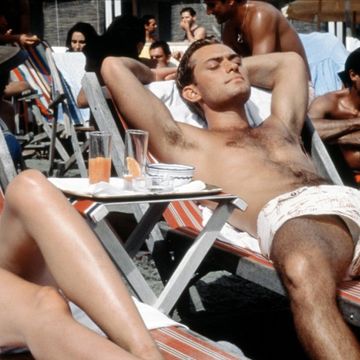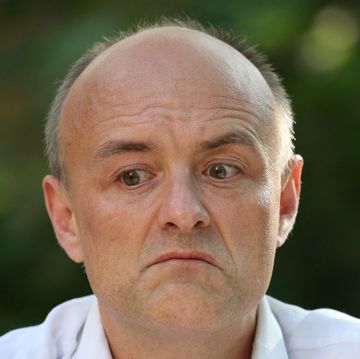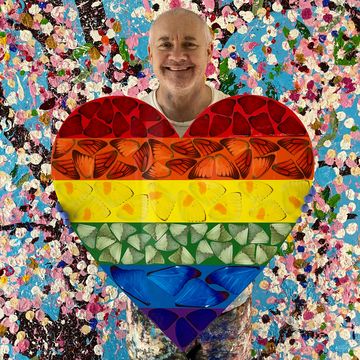Everyone loves the NHS. It's a political truism, and has been ever since the world's greatest public health system was created 72 years ago. It has arguably never been more true than now, as its incredible staff battle coronavirus on our behalf.
But this outpouring of love masks another political truth – for the last decade, the government has chipped away at its funding, deported its foreign-born workers and attempted to sell off chunks to private contractors. We rightly salute Captain Tom and his extraordinary fundraising efforts, but we shouldn't forget that making a centenarian trudge around his garden is only necessary because our politicians voted, repeatedly, not to give nurses a pay rise.
A timely new publication, by photographer and fine artist Lewis Khan (@lewis.khan), puts this dichotomy into perspective. Invited to undertake an artistic residency at Chelsea and Westminster Hospital by the charity CW+, for four years he documented life there, capturing the experience on the frontline with rarely seen intimacy. Khan would shadow doctors and surgeons for days, following them through operations and ward rounds, as well as the sometimes forgotten but no less essential people of the NHS – cleaners, porters, even visitors.
"One of the things that struck me was how psychological, as well as physical, the jobs being carried out by the medical teams are, and also how potentially affecting the roles can be on them personally," Khan says. "Through this I was able to see past titles and hierarchies and just see people. I think that was an important moment."
The resulting book, Theatre, is a testament to NHS's importance, but also its fragility. "I think, very sadly, you only have to look at the system in the US to understand how much we have to lose with regards to our healthcare system here in the UK. Yet the issues that first motivated me to make this body of work are and have been ongoing the whole time – government underfunding of the service, driving it into the ground to allow private companies to swoop in. That’s super scary."
Though the book was completed before coronavirus swept through the UK, the story it tells is even more apposite now. The staff formerly battling budget cuts are now those whose lives are at risk because of a shortage of PPE, and whose patients are dying due to ineffective testing and a lack of ventilators. "I think it’s shocking," says Khan, "but it doesn’t surprise me that they have persisted, putting others ahead of themselves in the process. There’s an amazing amount of camaraderie within the NHS, and I think we have really seen that through all aspects of the effects of this virus."
The book is available for pre-order now, with all proceeds donated to NHS charities. Here, Khan talks us through ten of its most affecting images.
"I found there was a real meeting of the clinical and the sentimental in hospitals. This image of a found message on a visitors room whiteboard exemplified that for me. There’s such an emotional charge to the often-depicted sterile environments. I also like the ambiguity in who the message is to – it could be for a patient or it could be for the staff."
"A child’s handprint on a hospital window. I love that it is an accidental trace left behind, but that in its detail it’s also able to feel personal and symbolic at the same time."
"This is a photograph of Gina, taken in the operating theatres at the Chelsea and Westminster Hospital. I love the reference to religious symbolism in this image, and I feel this is reflective of the work she carries out."
"This is a piece of hospital art installed in a patient recovery bay. Following references of spirituality, I feel this image manages to speak to some of the deep underlying themes running through hospitals and health."
"I find a lot of power in working with details, images that perhaps surround a subject more than illustrate it. Working with metaphor, I set out to photograph the hospital environment as though it was a human body."
"Again, for me there are massive connotations towards spirituality in this image – the heavenly light from above, someone’s life being so clearly in the hands of another. I was also drawn to this particular scene for the contrast between tech and humanity."
"After spending some time in the hospital I really felt the heroism of the staff there, and I then questioned how I could represent this. One strand of thought lead me to research how heroes had been depicted in the past through other forms of imagery, and I experimented with those references in my depictions of staff. This photograph is of Jenny."
"A morning’s patients – Mark Bower’s room, clinical oncologist at the Chelsea and Westminster Hospital."
"David, the first patient I met in the hospital. A truly resilient man who I photographed during his time as an inpatient."
"Kinga, showing me the marks on her nails caused by bouts of chemotherapy. It was only after taking the photo that I saw she had ‘Love Time’ written on her t-shirt. This felt like a poignant statement; on the one hand love time is what you go to hospital for – some care, some love, and on the other hand love time is a straight instruction to hold time precious."
Theatre by Lewis Khan is available for pre-order now, priced £50, with all proceeds going to the NHS, from lostlightbooks.com. Follow Khan on Instagram @lewis.khan
Like this article? Sign up to our newsletter to get more delivered straight to your inbox
Need some positivity right now? Subscribe to Esquire now for a hit of style, fitness, culture and advice from the experts
